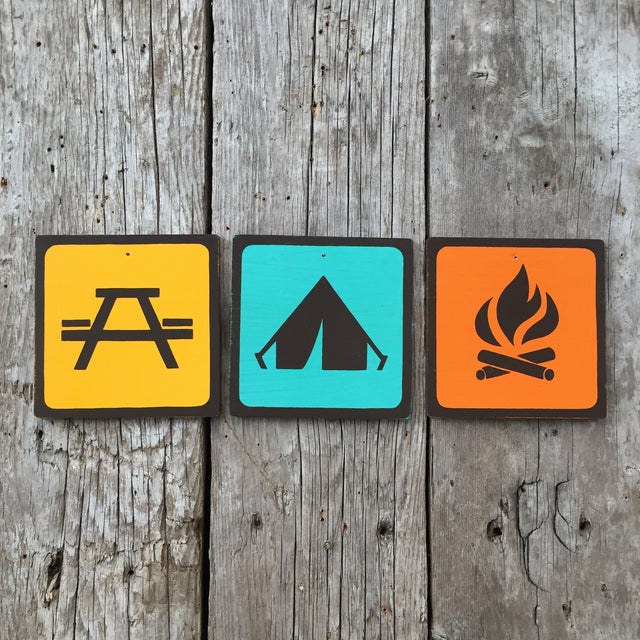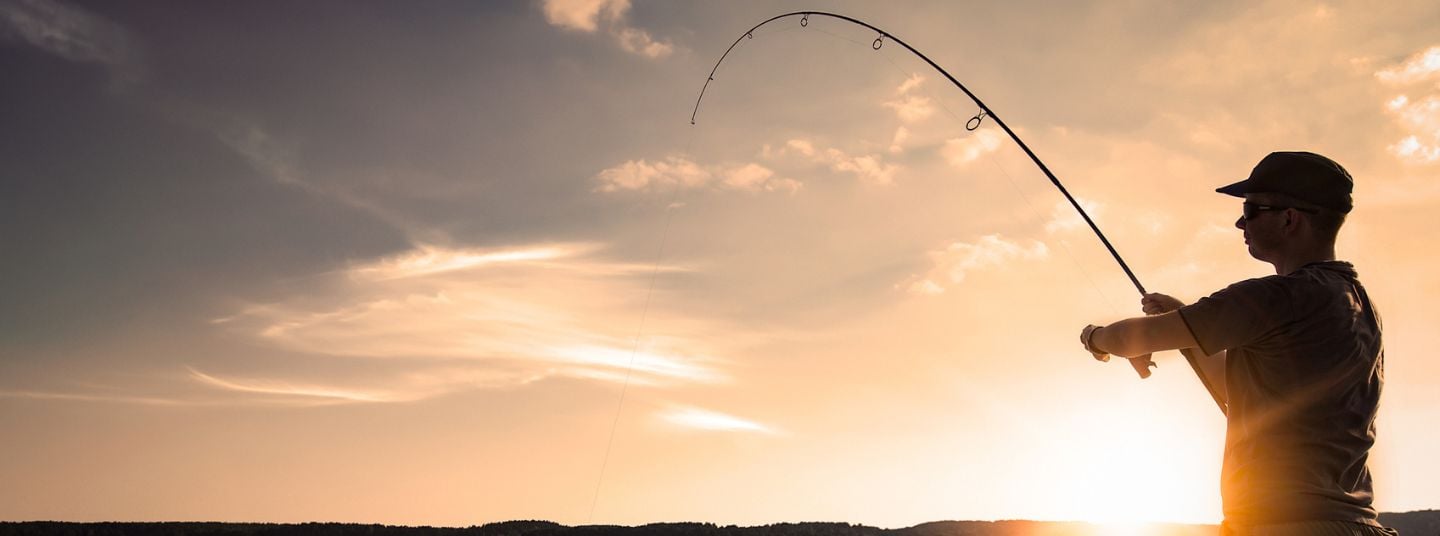Camping is a thrilling adventure that allows us to reconnect with nature, but it's crucial to prioritize safety amidst the excitement. In this article, we'll delve into essential camping safety tips, focusing on how to navigate potential challenges such as wildlife encounters and unpredictable weather conditions. Whether you're a seasoned camper or a novice explorer, these guidelines will help ensure a secure and enjoyable outdoor experience.
- Choose Your Campsite Wisely: When setting up camp, opt for designated camping areas with established facilities. Be aware of your surroundings, avoiding areas with signs of recent wildlife activity or potential hazards.
- Weather Preparedness: Stay ahead of the weather by checking forecasts before your trip. Pack accordingly, including waterproof gear, extra layers, and a reliable weather-resistant tent. Always be prepared for sudden changes in weather conditions.
- Wildlife Awareness: Familiarize yourself with the local wildlife and their habits. Keep a safe distance and avoid feeding animals, as this can disrupt their natural behaviour and pose risks to both you and the wildlife.
- Food Storage: Properly store food to prevent attracting unwanted animal visitors to your campsite. Invest in secure containers to keep food items sealed and out of reach of wildlife.
- Campfire Safety: If permitted, enjoy a campfire responsibly. Keep it within a designated fire pit, never leave it unattended, and ensure it's fully extinguished before sleeping or leaving the campsite.
- First Aid Kit Essentials: Carry a well-stocked first aid kit tailored to outdoor adventures. Include items such as bandages, antiseptic wipes, pain relievers, and any necessary personal medications.
- Navigation Tools: Equip yourself with reliable navigation tools like a map, compass, or GPS device. Familiarize yourself with the area and have a plan in case you get lost.
- Emergency Contacts: Inform someone reliable about your camping plans, including your destination and expected return date. This ensures that help can be summoned promptly in case of an emergency.
- Hydration is Key: Always carry an ample supply of water, especially in arid or remote camping locations. Dehydration can occur quickly, so stay vigilant and drink water regularly.
- Insect Protection: Guard against insect bites by using repellents and wearing appropriate clothing. Check for ticks regularly, especially if camping in grassy or wooded areas.
Camping is a rewarding experience, and with the right precautions, you can enjoy the great outdoors safely. Prioritize these camping safety tips to mitigate potential risks, ensuring that your adventure is memorable for all the right reasons. By staying informed and prepared, you'll be well-equipped to handle the challenges that nature may throw your way. Happy camping!




.png?v=1670223902255)

.png?v=1670223983896)




.png?v=1670312554632)

